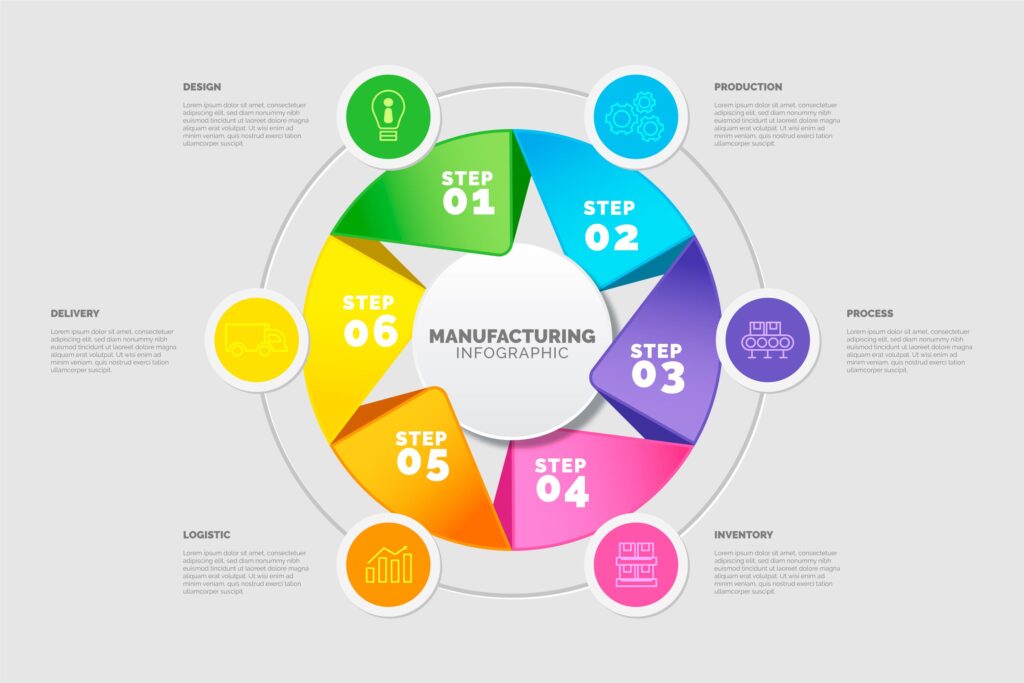ERP Definition

Introduction
Imagine if you could manage every aspect of your business in one place. That’s the promise of ERP. ERP is a software system that helps you run your entire business, supporting automation and processes in finance, human resources, and operations.
You might be wondering if ERP is right for your business. In this article, we’ll break down what ERP is, how it works, and the benefits it can bring to your company.

What Is Enterprise Resource Planning (ERP)?
Enterprise resource planning (ERP) is comprehensive software that helps you to run your entire business. It automates many processes in finance, human resources, and other areas.
Think of it as the brain of your business. ERP integrates data from all across your company, so you can have a single view of what’s going on operationally. This gives you the clarity and insights you need to make better decisions.
Benefits of Implementing ERP
The benefits of implementing ERP are vast and can be game-changing for businesses of all sizes.
ERP helps to automate many finance, human resources, and operations processes in your business. This can lead to increased efficiency and a reduction in costs. It also allows you to manage your business in a more streamlined way, with a single system that can provide access to all the data you need to make informed strategic decisions.
ERP can also help you improve customer service, as it provides customer data that can be accessed in real time. This allows you to provide a more personalized experience for your customers and respond more quickly to their needs. Finally, ERP can also improve your bottom line by optimizing your inventory and boosting sales.
Types of ERP Systems
ERP systems come in different types, and you need to choose the one that’s right for your business. Here are the three main types:
Implementation-driven ERP systems: This type of system is designed for businesses that are expanding or relocating. The implementation-driven ERP system will help you set up your new business and get it running smoothly.
Configurable ERP systems: If your business is changing all the time, a configurable ERP system might be a better fit for you. With this type of system, you can adapt the software to fit your needs.
Proven ERP systems: If you’re looking for an ERP system that’s already been proven, then a proven ERP system is right for you. These systems have been tested and are known to work well for a variety of businesses.
ERP System Components
So what does an ERP system look like? It typically consists of several components, including accounting, human resources, and inventory management.
Accounting: The accounting component handles everything from invoicing and record-keeping to budgeting and cost-tracking.
Human Resources: The HR component helps manage employee information, including payroll records and job applications.
Inventory Management: The inventory management component tracks the stock levels of your products and supplies, helping you figure out what to order and when.
Other components can include customer relationship management (CRM), project management, enterprise asset management (EAM), supply chain management (SCM), analytics, reporting, warehousing, manufacturing and more. Depending on your needs and industry, you can choose to add or remove components as necessary.
ERP Software Selection Process
Selecting the right ERP software is key to making sure you get the most out of your investment. Before you start the selection process, you need to figure out what your goals are for the system. Are you looking for an ERP that can handle a large number of users? Do you need support for multiple languages? Or is your focus more on improving processes and automating operations?
Once you have determined your objectives, it’s time to start researching the different solutions available. Read reviews, talk to experts and customers, and compare features. Then create a list of potential vendors and narrow down your selection based on how well each fits into your overall strategy.
Make sure to ask questions during the process such as: What type of support do they offer? How much customization is possible? What type of scalability do they provide? Once you’ve found a few vendors that meet all your requirements, it’s time to go through demos and trials before finally making a decision.
Conclusion
Simply put, ERP is a software system that helps manage various aspects of your business, from finance and human resources to manufacturing and distribution. It can automate and improve processes, making your business more efficient and streamlined.
ERP is essential for businesses of all sizes, and is a key part of any successful enterprise. If you’re not currently using ERP, or are considering implementing it, make sure to do your research and find the right system for your needs. With the right ERP system in place, you can streamline your business and make it run more efficiently.
Contact us

Pak Address:
Johar Town H Block lahore, Pakistan
amnakhank22@gmail.com

+92 316 5544991